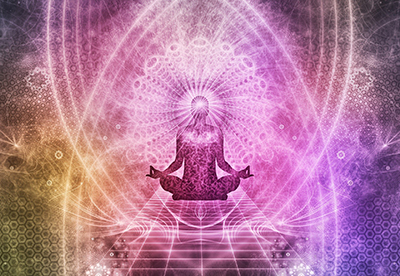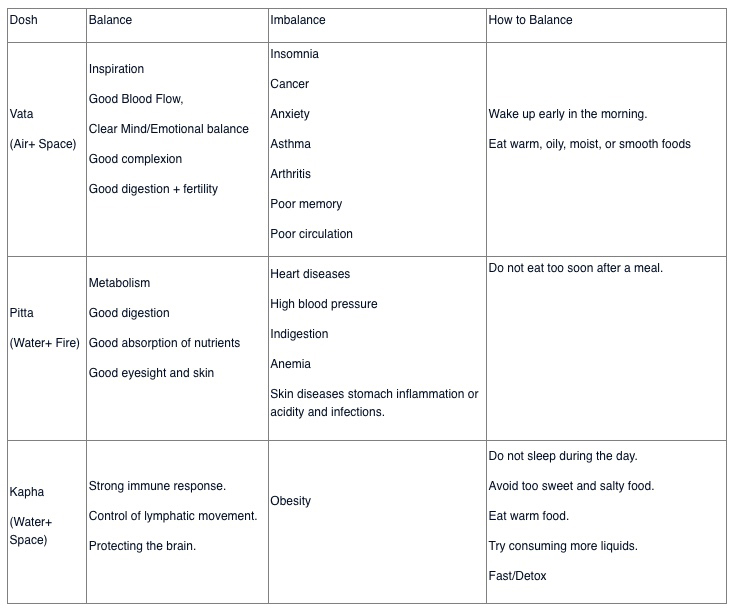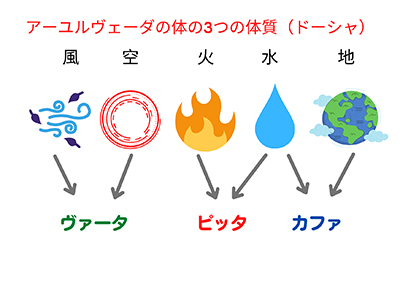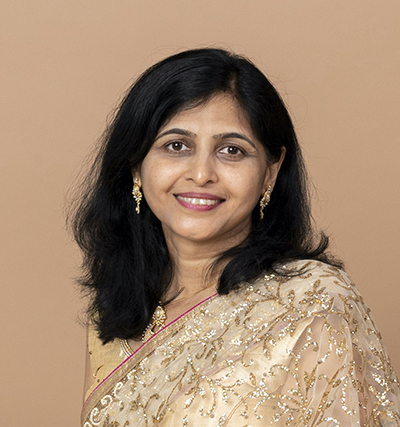Mental and physical self-care (news from the lecture) (Nov issue 2021)
30 Oct 2021
Ayurveda for Mind and Body
Developed in India over 3000 years ago, the principle of Ayurveda explores the science of life. ‘Ayur’ signifies ‘life’ and ‘Veda’ signifies science.
It has influenced many ancient traditional methods of healing including Tibetan, Greek, and Chinese methods, making it the ‘mother of healing’.
Ayurveda believes that life is a manifestation of mind, body, soul and spirit. Body and mind are prone to suffering while the spirit is free of any such trappings of life.
Any amount of change in weather, lifestyle, diet, work, emotions and relationships can easily tip the balance and negatively influence ones’ state of mind, body and soul.

The outward and obvious signs of a healthy person in Ayurveda include:
- ・Lovely, even and clear skin
- ・Clear and bright eyes
- ・Regular and easy elimination
- ・Good energy levels
- ・Harmony in relationships
- ・Deep and refreshing sleep
Ayurvedic Body Types
Ayurveda follows the approach of 5 elements that compose our universe: Air, Water, Fire, Earth and Space.
These combine in the human body to form three life forces or energies, called doshas: Vata, Pitta and Kapha.
There is no best or worst dosha, and we are combination of doshas. We need them for the vital function of our mind, body and spirit.


The 4 pillars of Ayurveda
According to Ayurveda optimal health can only be achieved when there is a proper balance between the ‘Four Pillars of Life’: Diet, Exercise, Sleep, Stress.
Diet/Balance Nutrition:
Eat fresh locally grown food as it is suitable for the climate. Furthermore it is important to chew your food properly for easy digestion.
Exercise/Lifestyle:
Regular exercise builds strong immunity and a fit body
Sleep:
Sleep deprivation decreases our immunity system by 60 to 70%. When we sleep, our immune system gets rejuvenated, our hormones are rebalanced, and growth hormones are released.
You can also do some bedtime exercises such as pranayama, meditation and do the Yoga Nidra (the corp posture). Sleeping between 9 and 11pm is ideal.
Stress:
Use tools like deep breathing, pranayama, meditation, reflection and prayer to handle your stress and emotions. Cut out all sources of stress–especially social media, news and toxic people.
Ayurvedic Treatment
An ayurvedic doctor (called a ‘Vaidya’) uses 8 different ways of diagnosis. These are nadi (pulse), mala (stool), mootra (urine), jivha (tongue), shabd (speech), drik (vision/eyes), sparsh (touch/skin) and aakruti (appearance/body built).
Treatment typically begins with an internal purification process, followed by a special diet, herbal remedies, massage therapy, yoga, and meditation.
Fun Fact: You can even do an undergraduate or masters course in Ayurvedic medicines and you become a Bachelor of Ayurvedic Medicine and Surgery (B.A.M.S)!
Always talk to your doctor before you try Ayurveda or any other alternative medical treatments.

Article・Image:Ms. Sourabh Agrawal
Translation: Ms. Young Yasuko














